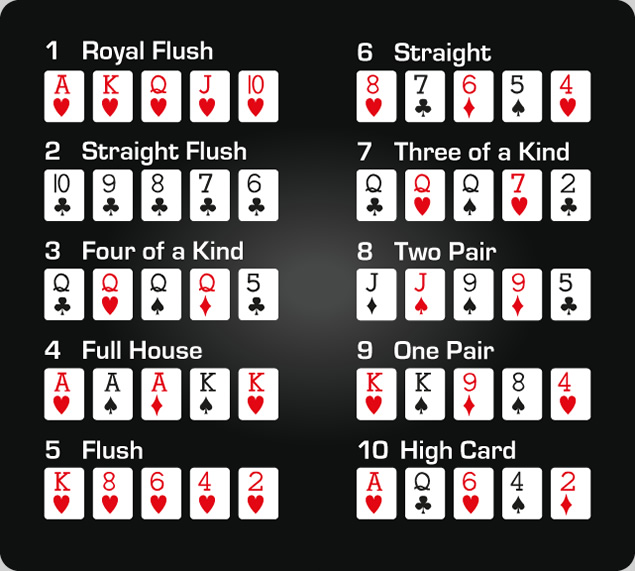
Poker is a card game played by two or more players. It involves betting and raising the stakes as the cards are revealed. The game is based on probability and psychology. It can be a fun way to pass the time and socialize with friends. It can also be a lucrative sideline or full-time career for many people. However, learning the rules and strategy can be difficult for beginners. Fortunately, there are many resources available to help players become successful. These include poker books, online tutorials and discussion boards. Some even offer training courses to help players improve their skills. These resources can be particularly helpful for new players who are interested in earning a living from poker.
A hand of poker consists of 5 cards and is dealt face down to each player. There are several rounds of betting in the game and the player with the best five-card hand wins. Players can discard up to three of their cards and draw new ones for each round. The cards are then reshuffled and the next round of betting begins.
During the course of the game, a player will be forced to place an ante and/or blind bet. After the first round of betting, the dealer will shuffle the cards and then deal them one at a time, beginning with the player to their left. Then the player will be able to decide whether or not to raise their bet, call it or fold.
There are many different types of poker games and rules, but the basic principles remain the same for all of them. A player must know the odds of their cards in order to make sound decisions. This is especially important when deciding whether or not to raise the bet. A player should only raise when they have a strong hand or are trying to bluff.
Another aspect of poker that is often overlooked is the ability to play a good defense. This means knowing how to protect your chips and keeping your opponents from getting a good read on you. It is also a good idea to have an exit plan, such as folding when you have a weak hand or taking a large bet from your opponent.
In addition, poker can teach players how to manage their emotions and stay calm under pressure. This is important because poker can be a stressful game, particularly when the stakes are high. In addition, it can be a great way to socialize and meet new people. It is also a good way to learn about other cultures and customs from around the world.